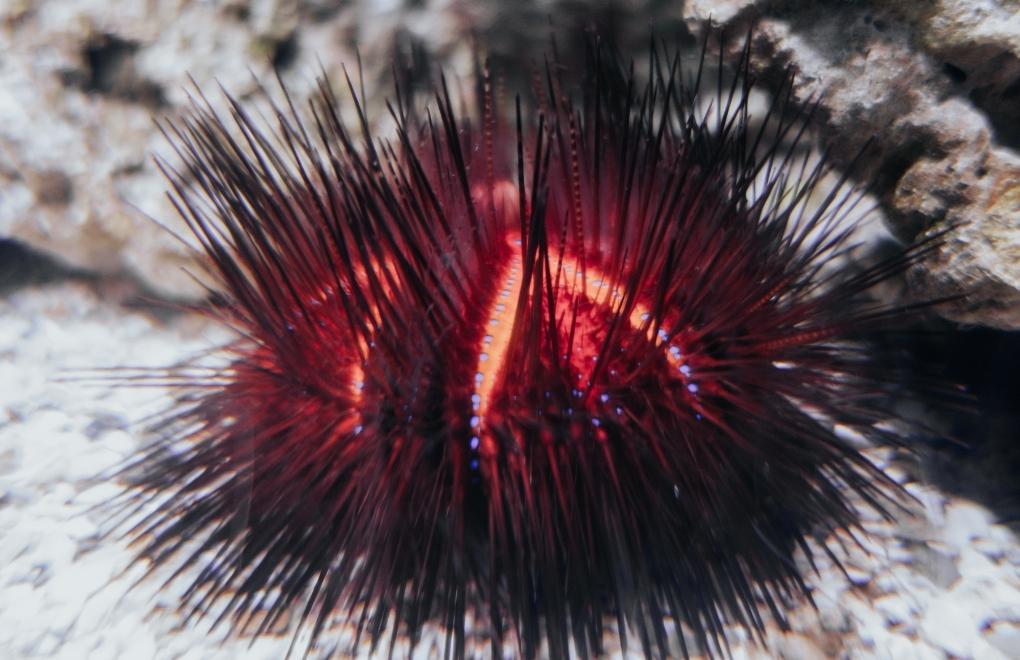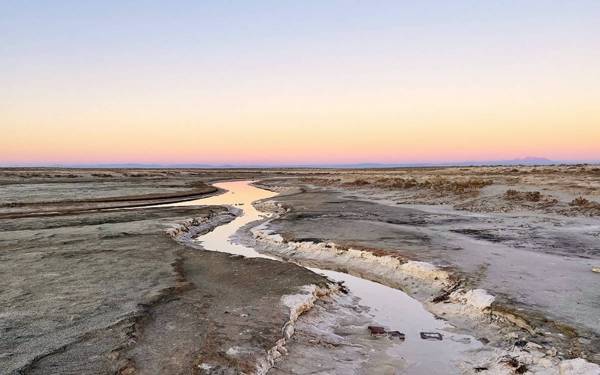The long-spined sea urchin is one of the invasive species found in the seas of Turkey. (Photo: Canva)
Click to read the article in Turkish
An academic article published last week revealed that the economic cost of invasive species to the European Union (EU) is 501% higher than previously reported. According to the study, the observed cost of invasive species stands at 28 billion US dollars, and it is predicted that both the populations of these species and the damages they cause will increase exponentially in the coming years.
The research calculated that the cost of these species would reach 148.2 billion by 2040.
Impact of the climate crisis
Invasive species, which reach regions where they are not naturally found and cause ecological, environmental, or economic harm, are among the leading causes of global biodiversity loss. Climate change facilitates the spread of these harmful species:
According to the International Union for Conservation of Nature (IUCN), invasive species can be transported to new areas due to extreme weather events. Furthermore, climate change can weaken the resistance of these habitats to invasions.
Rising temperatures enable invasive species to spread to higher latitudes and altitudes, engaging in ecological interactions that negatively affect native species. However, comprehensive calculations regarding the economic costs of these species, which have negative ecological, health, and economic impacts, are still lacking.
Even in the European Union, the costs caused by known invasive species spreading across the continent are only recorded for a small fraction. For instance, while it is known that there are at least 2,621 foreign species in France, the costs of only 98 of them, less than 4%, have been recorded. A newly published academic study sheds light on the real cost of invasive species.
Turkey's vulnerability
Among the highlights of the cost of invasive species to Turkey, according to Prof. Dr. Ali Serhan Tarkan, a faculty member of Muğla Sıtkı Koçman University's Faculty of Fisheries and one of the authors of the study, are as follows:
"Unless effective administrative measures are taken, biological invasions and their negative impacts will continue to increase, adversely affecting natural biodiversity and damaging sustainable development and sustainability goals. Therefore, it is necessary to understand and report the foreign species and their impacts and gather the data centrally in accessible databases. This issue is of great importance not only for the EU but also for Turkey.
"Turkey, situated at the crossroads of continents with long borders, is among the countries that will be significantly affected by invasive species due to its unique geographical structure, large population, and high level of commercial activities. In these aspects, it can be said that Turkey is more vulnerable compared to European countries."
From 1914 to the present day
"In addition, the high number of endemic species in the country indicates that we are in a sensitive position in terms of biodiversity. However, despite the clear threat posed by invasive species, their economic impacts are largely ignored.
"We are working to calculate the cost of invasive species to Turkey, just as we have calculated their economic costs to the EU. In our ongoing research, we focused on the economic cost of recorded impacts from 1914 to the present day. So far, our calculations indicate that the cumulative cost since 1914 is at least 100 billion dollars.
"These impacts can manifest in various ways for different habitats and species. However, it can be said that the most significant effects are ecological, economic, sociological, and related to human health.
"Similarly, the measures and managerial practices to be taken also vary depending on these factors. For example, combating such species in vast and challenging marine areas is more difficult, while controlling invasive organisms in confined spaces with limited mobility can be relatively easier."
This article is published in collaboration with İklim Masası and bianet. İklim Masası is a news service that aims to disseminate reliable information on the climate crisis to the public. Its authors are scientists who specialize in the subjects they cover. , |
(TY/VK)







as.jpg)
sa.jpg)

